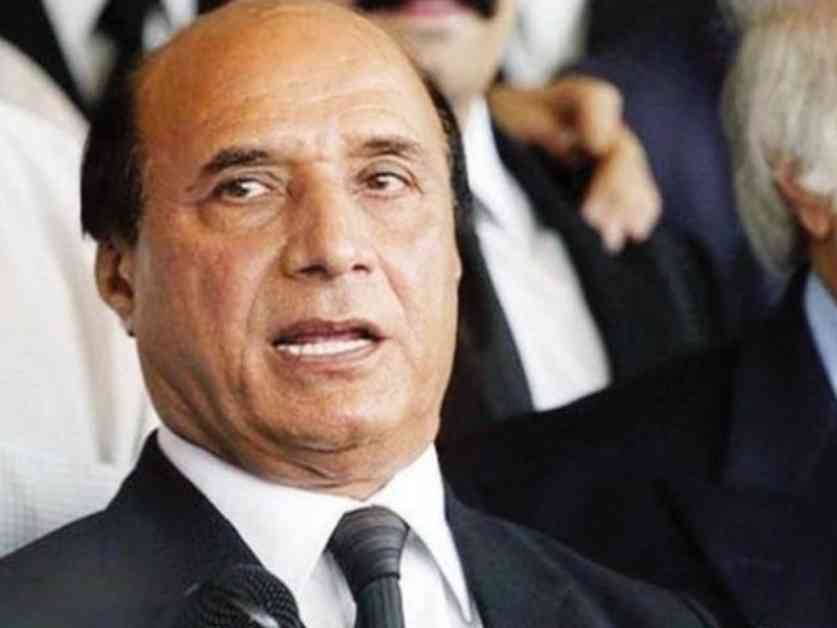Islamabad High Court Grants Latif Khosa Permission to Travel Abroad
In a recent development, the Islamabad High Court (IHC) has made a significant ruling, granting senior lawyer Latif Khosa permission to travel abroad. This decision comes after a heated hearing where Justice Mohsin Akhtar Kayani presided over Khosa’s petition challenging his placement on the Exit Control List (ECL).
During the hearing, Khosa revealed that his name was added to the ECL due to a case filed against him at the Secretariat police station related to a protest held outside the Supreme Court. The court, questioning the basis for restricting his travel, took note of the minor charges under Section 188 of the Pakistan Penal Code.
Criticism of ECL Inclusions
Government prosecutors admitted that no charge sheet had been submitted in the case against Khosa for his alleged involvement in the protest activity. The court, in a scathing remark, criticized the arbitrary inclusion of names on the ECL without substantial grounds, prompting questions about the fate of thousands facing similar charges who have also been barred from traveling.
Latif Khosa, sharing a personal anecdote, informed the court that his earlier flight scheduled for January 5 was missed due to the travel restrictions. He expressed his intention to travel to Canada, a plan that now seems to be in motion with the court’s conditional approval of his travel request.
Terrorism Case Against Prominent Figures
This ruling comes in the wake of a previous incident in October where the Islamabad police registered a terrorism case against Pakistan Tehreek-e-Insaf (PTI) Chairman Barrister Gohar Ali Khan, Latif Khosa, and 19 other lawyers for burning an effigy outside the Supreme Court. The charges, filed under the Anti-Terrorism Act (ATA) and other serious sections of the law, highlight the escalating tensions surrounding protest actions in the country.
According to Express News, the FIR lists several prominent figures, including Shibli Faraz, Salman Akram Raja, Tayyab Mustafain Kazmi, Niazullah Niazi, and Azam Swati, in connection with the protest. The demonstrators are accused of burning the effigy of a state institution’s head, resisting police officers, and obstructing judicial proceedings by chanting slogans and blocking roads.
As the legal proceedings continue to unfold, the decision by the Islamabad High Court to allow Latif Khosa to travel abroad marks a pivotal moment in a complex web of legal challenges and political tensions gripping the nation.









